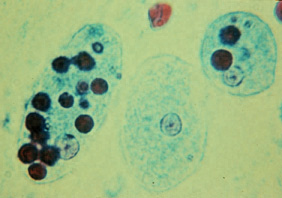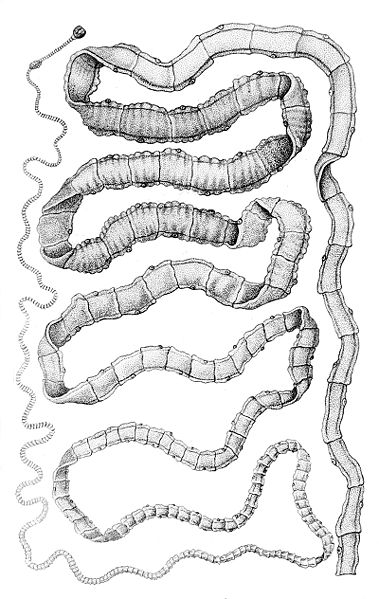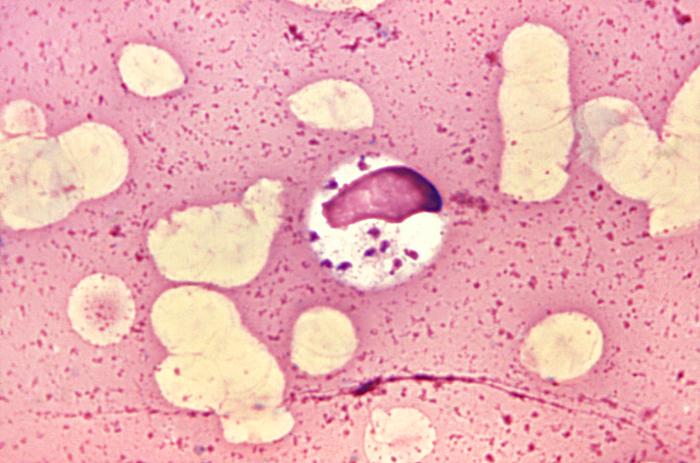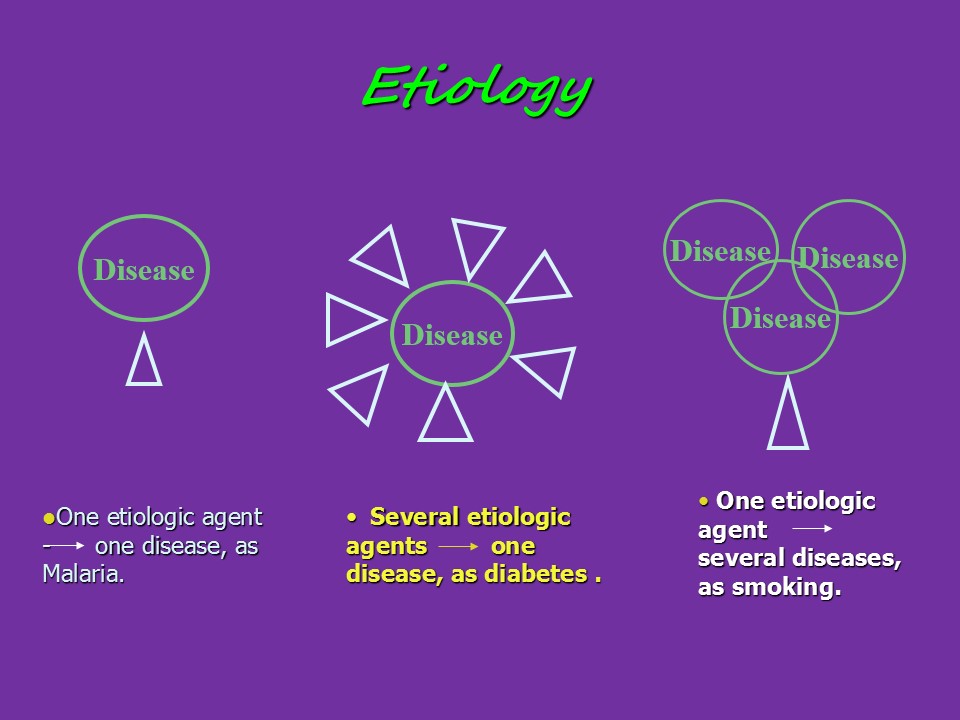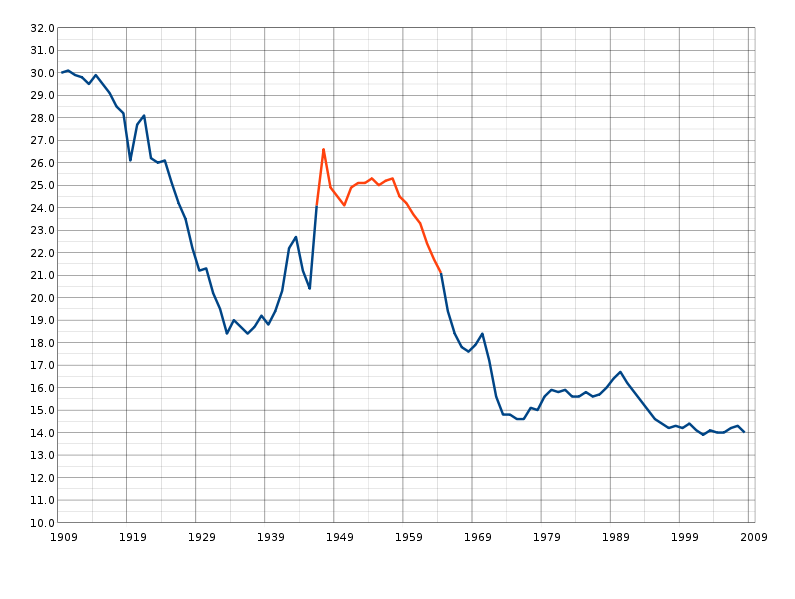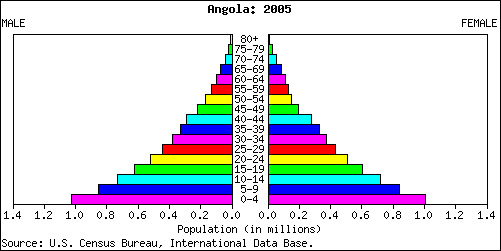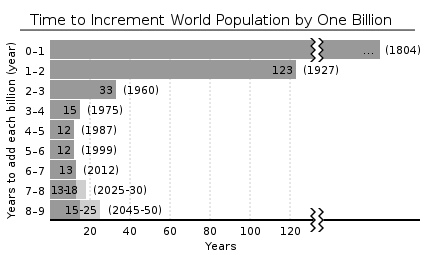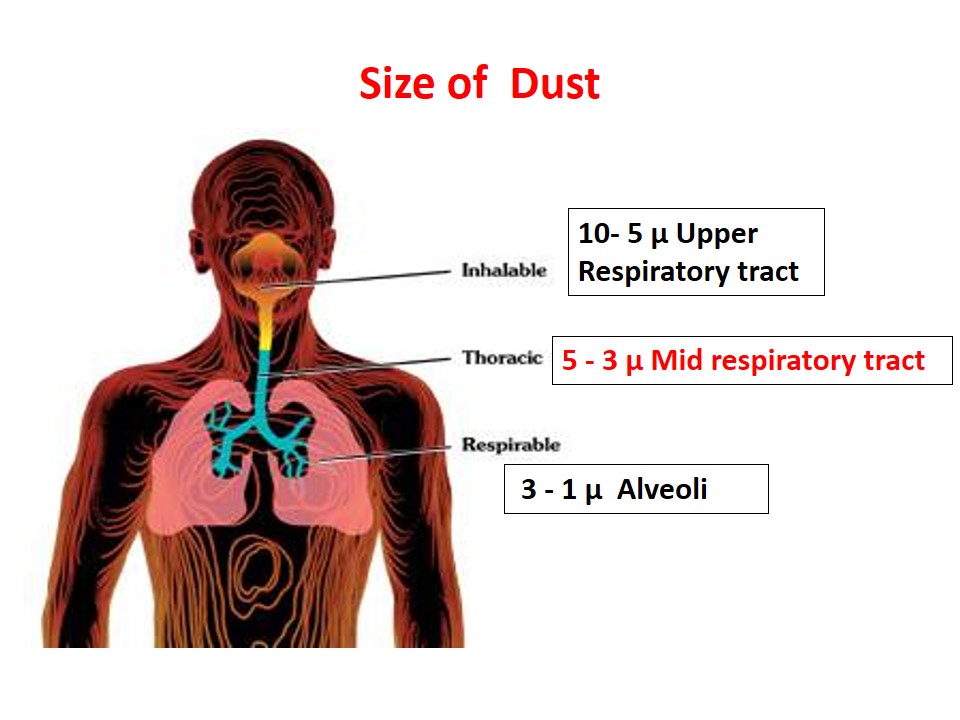Sugar set comprises of certain biochemical tests which are used in the identification of enterobacteriaceae. Composition Carbohydrates comprising standard sugar … Read More »
Ovas, Cysts and Eggs of Common Parasites
To examine the ovas, cysts or eggs of parasites, take a drop of stool. Mix it with normal saline on … Read More »
Parasitology -Important Terms
A parasite is a micro-organism which is entirely dependent for all or part of its life cycle and metabolic requirements … Read More »
Pathology of Leishmaniasis
Leishmaniasis is a group of diseases caused by Leishmania species, which are obligate intracellular parasites, belonging to phylum protozoa. Classification … Read More »
Pregnancy Test
Elevated levels of hCG in maternal serum and urine are both reliable indicators of pregnancy, which are used in pregnancy … Read More »
Introduction to Pathology
Pathology is the “scientific study of disease”. It is the “scientific study of the molecular, cellular, tissue, or organ system … Read More »
Terms Used in Connection with Fertility
Fertility refers to the number of live births women have. Terms used in connection with fertility include the following: Fecundity: … Read More »
Age and Sex Composition -the Population Pyramid
Age and sex composition may be described in terms of: 1. Median Age The median age is the age at … Read More »
Demography -Introduction and Tools
The word demography has originated from two Greek words ‘Demos’ and ‘Graphos’. Demography is the scientific study of human populations, … Read More »
Pneumoconiosis -Types, Silicosis, Asbestosis and Preventive Measures
Pneumoconiosis is a group of lung diseases which result from inhalation of dust in certain occupations. To better understand let’s … Read More »
 howMed Know Yourself
howMed Know Yourself


